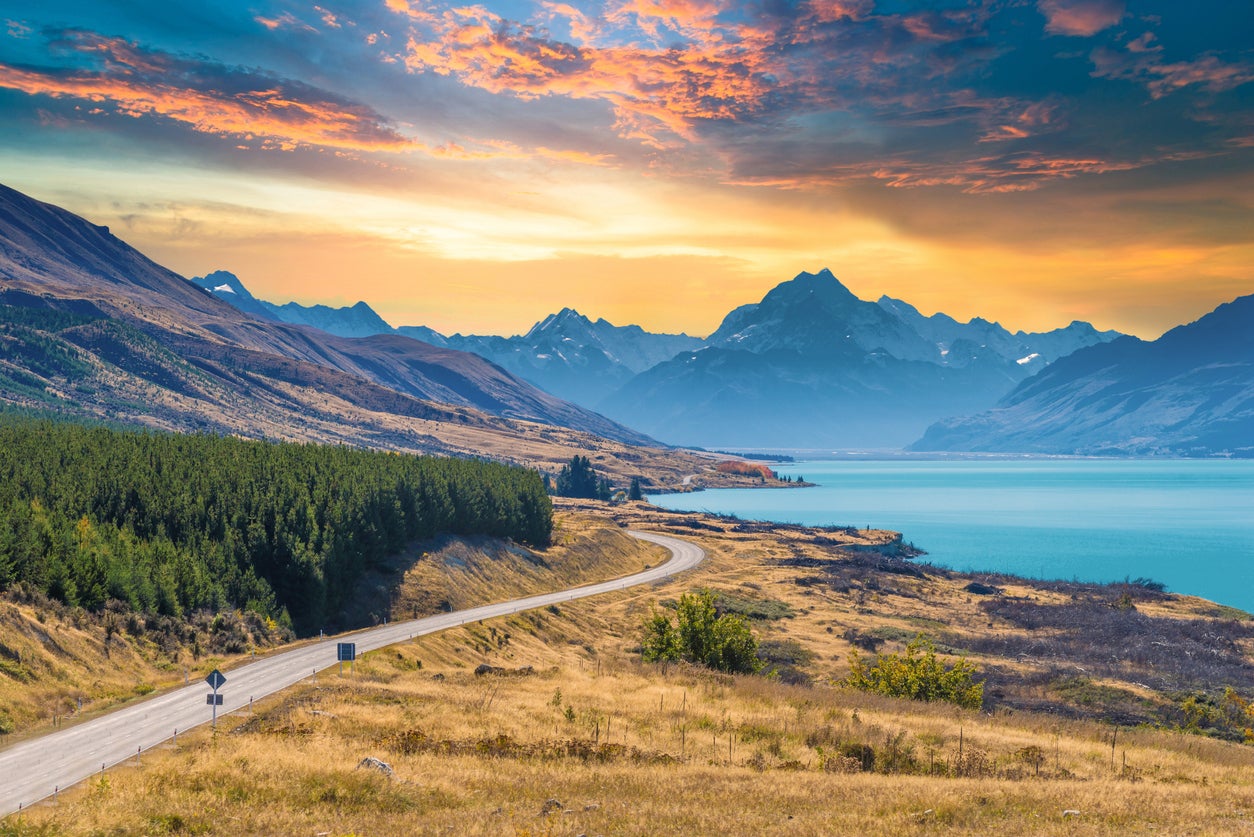New Zealand travel: UK tourists will need to pay for an ETA to enter the country
The new rules will be introduced from 1 October

British tourists travelling to New Zealand will have to pay for an Electronic Travel Authority (ETA) from 1 October.
The Foreign Office issued an updated travel advisory yesterday, stating that British nationals travelling by air or cruise and entering New Zealand “will need to hold an ETA before travelling to New Zealand.”
Applications for ETAs will be open from July 2019.
Valid for citizens from visa-exempt countries, the digital approval is linked to a traveller’s passport and will be valid for two years (unless the passport expires before then).
An ETA costs NZD 9 (£4.60) for mobile applications and NZD 12 (£6.10) for web requests.
Alongside the ETA, New Zealand is introducing a tourist tax – the International Visitor Conservation and Tourism Levy (IVL).
The IVL costs NZD 35 (£17.90) and lasts as long as a corresponding ETA is valid.
First mooted in 2018, the tax’s purpose is to ensure tourists “contribute to the infrastructure they use and help protect the natural environment they enjoy,” according to the New Zealand government website.
With tourism having increased by 8 per cent in 2017, according to New Zealand’s annual report, the surge in tourists combined with the tax is set to be highly profitable.
The money accumulated by the new tax will be spent on infrastructure for tourists including car parks, toilets and maintenance of hiking trails, as well as conservation projects such as native planting, breeding programmes and predator eradication. It is expected to raise up to NZ$80m (£42m) a year for these projects.
“It’s only fair that [visitors] make a small contribution so that we can help provide the infrastructure they need and better protect the natural places they enjoy,” said conservation minister Eugenie Sage.
Join our commenting forum
Join thought-provoking conversations, follow other Independent readers and see their replies
Comments
Bookmark popover
Removed from bookmarks